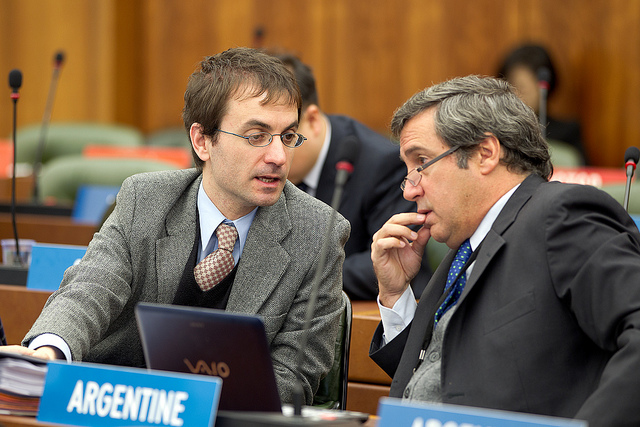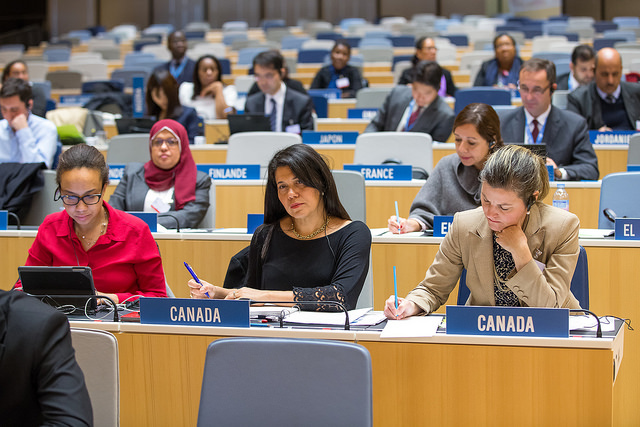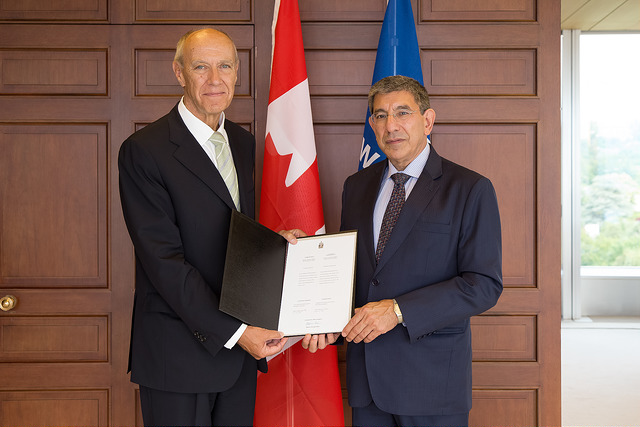Got an article idea? Interested in intellectual property and copyright? WIPO Monitor is seeking article contributors and would like to see academics, researchers, industry professionals and students all represented in our pages. WIPO Monitor especially welcomes submissions from Countries of the South and developing country representatives; from indigenous peoples; from educational, research organization, library, archives and museum communities; and from communities of people with disabilities. WIPO Monitor currently focuses on several WIPO committees: the WIPO Standing Committee on Copyright and Related Rights (SCCR), the WIPO Committee on Development and Intellectual Property (CDIP), the WIPO Intergovernmental Committee on Intellectual Property and Genetic Resources, Traditional Knowledge and Folklore (IGC), and the WIPO General Assembly. It welcomes submissions and updates from activities in any of these forums, as well as related submissions.
WIPO Monitor is a project supervised by the Network Communications Governance Lab at McMaster University. Through this site, we seek to research and monitor developments in international copyright policy, as well as provide a an informative, critical, and comprehensive venue for readers to discover and keep themselves up-to-date in the affairs of the World Intellectual Property Organization.
Some of the most pressing questions in international IP today include its growing role in developing countries and indigenous communities, and in educational, research, library, archival, and museum organizations. We ask how the international system might seek to become more responsive to the needs of developing nations, people with disabilities, and educational, research, library, archival, and museum organizations. We feel it is important that these discussions about the future directions of international intellectual property take place in within a context of informed analysis. We also believe that it is paramount that awareness of these discussions be raised among all relevant stakeholders, and not merely among industry professionals.
Our goal is to feature practical articles and reviews on WIPO’s agenda and frequent meetings. Our readers seek to more effectively understand the various topics and discussions happening behind WIPO’s doors. While we are interested in a wide variety of IP issues, we tend to focus on copyright provisions, access to knowledge, traditional knowledge and sustainable development.
If you wish to contribute, please contact Sara Bannerman, Associate Professor at McMaster University, at sara.bannerman[at]gmail.com.



